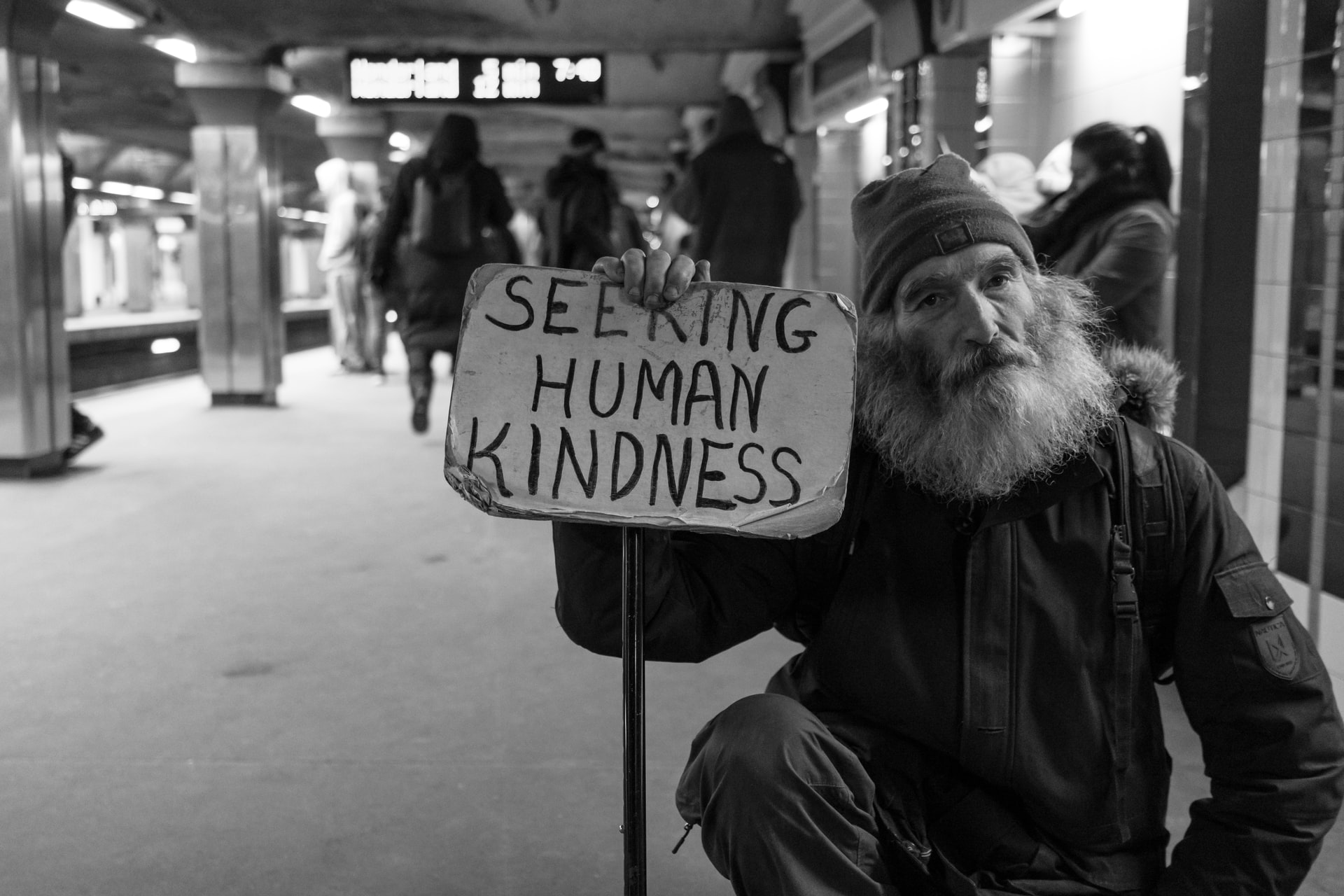
Comment Writer Dina Tjelmeland Adeler discusses the problems homeless people face during the winter, urging people to take steps to help where they can
The winter season is fast approaching. It is getting darker, colder and it is starting to snow. Many of us look forward to the winter season, excited to cozy up by the fire with hot chocolate and participate in winter activities. But for people experiencing homelessness, this season can be the hardest. The winter season exacerbates problems that they already face day to day. According to ONS statistics, 688 people experiencing homelessness died in 2020, with December and January having the highest average numbers of deaths.
The Salvation Army warns of winter deaths as homeless numbers rise, suggesting that hundreds of homeless people risk death over the winter. The number of deaths during the winter has risen from 2014 as in the winter period of 2016 to 2017, 222 people experiencing homeless are believed to have died.
For most of us, the change in temperature makes us turn up the heat in our houses. For the people experiencing homelessness who lack shelter, it gets colder and more dangerous to sleep on the streets. The winter period presents great health risks, such as hypothermia, which is when your body loses heat faster than it produces it. People experiencing homelessness have a much higher risk than the general population of developing this weather-inducing health risk. In addition, the cold weather can exacerbate existing health problems.
In Europe, several people experiencing homelessness die living on the streets during the cold weather each year. In the rest of the world, the winter season causes many of the deaths among people experiencing homelessness. According to the German homeless charity BAG Wohnungslosenhilfe, at least 20 people experiencing homelessness died last winter in Germany. Last winter recorded the highest recorded number of deaths of people experiencing homelessness since 1996 in Germany.
This winter season in particular has been hard because of problems exacerbated by the pandemic
In order to survive, the people experiencing homelessness try to find warm places to sleep during the cold weather. Homeless shelters are made available for the people experiencing homelessness to spend the night during the cold winter. However, most shelters have inadequate space for the sheer number of people facing homelessness. This is largely because of the rising statistics and the restrictions the pandemic has introduced. This winter season in particular has been hard because of problems exacerbated by the pandemic.
Homeless shelters that have been made more accessible get overcrowded. In a pandemic, this does not feel like a safe place for people experiencing homelessness. Going forward, the government should fund more shelters so more people experiencing homelessness can access them and feel safe.
This winter you can make a difference and help the people experiencing homelessness. There are many different ways of helping. As the temperature changes, we change into warm clothes to keep warm. A lack of income prevents the people experiencing homelessness from affording warm clothes to help them during the colder weather. The easiest contribution for students to help is to donate warm clothes to a homeless charity. Another easy way of helping is to offer hot drinks or hot meals to people experiencing homelessness. These two actions can make a big difference in their day to day lives. Other ways to make a difference include volunteering with a local homeless charity or donating to one to support their work. In addition, at the University of Birmingham, we have our own student society, UoB Action Against Homelessness, which is a group dedicated to helping the people experiencing homelessness in Birmingham, volunteering and fundraising for local homeless charities.
The people experiencing homelessness need our support in the winter season more than any other season
The people experiencing homelessness need our support in the winter season more than any other season. But they also need this same support all year round. If they had received this support earlier, they might not have to experience homelessness in the winter and the problems they are facing would be less severe.
Read more from our Comment writers here:
Comments